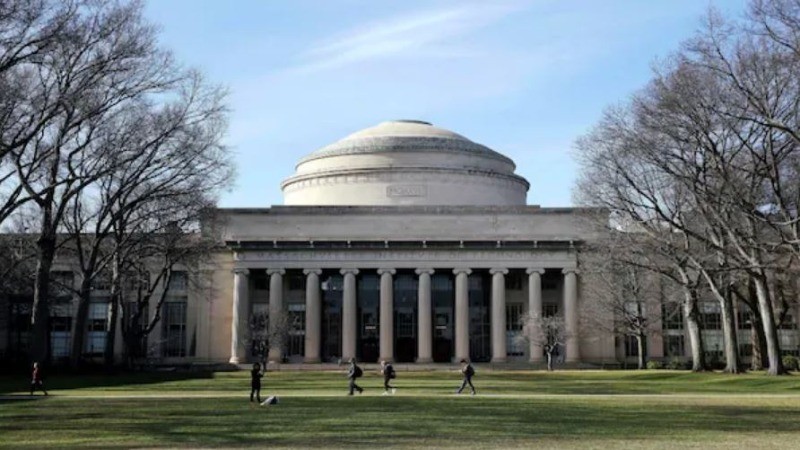
Highlights:
Two prominent universities, the University of Massachusetts Amherst and Wesleyan University, have advised international students to return before President-elect Donald Trump's inauguration on January 20.
During his first term, Trump pushed to weaken visa programs critical for international students, and many expect similar challenges in his second term.
Other universities with significant international student populations, including Yale University, MIT, and New York University, are offering guidance on how to navigate the transition and enhancing resources for their international student communities.
As President-elect Donald Trump's January official-taking-charge inauguration nears, US universities are urging international students and staff to return to campus before he takes office, citing concerns over potential immigration policy changes. With Trump's campaign pledges to enforce stricter immigration measures, including mass deportations and the establishment of detention facilities, many are worried about the future of their studies in the US.
Over 400,000 undocumented students are currently enrolled in higher education in the United States, as per the Higher Ed Immigration Portal. University officials are concerned that new visa regulations and travel restrictions could disrupt their academic progress.
Read More:
Growing Anxiety Among Students
"Students are feeling incredibly stressed and overwhelmed due to the uncertainty surrounding immigration," said Chloe East, a professor at the University of Colorado Denver. She noted that many students are anxious about whether they will be able to continue their education under the new administration.
In response, universities such as the University of Massachusetts, MIT, and Wesleyan University have issued travel advisories. These schools are advising international students to return to the US before Trump takes office to avoid potential complications.
The University of Massachusetts emphasized that, based on past experiences with travel bans enacted during Trump's first term, this advisory is issued as a precautionary measure by the Office of Global Affairs.
Balaji K, Provost at the University of Memphis, acknowledged the growing anxiety among students, particularly concerning the future of the Optional Practical Training (OPT) program, which permits graduates to work in the US. "Students are definitely overwhelmed by the uncertainty, but we reassure them that as long as they have valid documentation, the university will support them if any issues arise," Balaji said.
Financial Burden and Travel Adjustments
Students are also feeling the financial strain of the uncertainty. S Sarsan, an economics undergraduate at the University of Massachusetts, shared that he had to reschedule his travel plans at an additional cost of nearly Rs 35,000. "Our professors warned us about possible higher scrutiny and document checks. To avoid issues, it's better to return early," Sarsan said.
Trump’s Immigration Policies Add to Concerns
During his first presidency, Trump implemented several immigration restrictions, including a travel ban targeting predominantly Muslim countries, North Korea, and Venezuela. His administration also attempted to terminate the Deferred Action for Childhood Arrivals (DACA) program, which provides protection to migrants brought to the US as children.
Trump’s incoming border czar, Tom Homan, said the new administration will focus on deporting violent criminals and national security threats, but fears about the impact on international students persist.
Read More:
The Office of International Students and Scholars at Yale University recently hosted a webinar to address students' concerns about possible changes to immigration policies, especially those affecting DACA recipients.
Rising Popularity of US Education Among Indian Students
Read More:
India has now become the leading source of international students in the US for the first time since 2009. The 2023-2024 academic year saw 331,602 Indian students enrolled in US higher education institutions, reflecting a 23% increase from the previous year, according to the Open Doors Report on International Educational Exchange.
The surge in Indian students is primarily due to a 19% increase in graduate student enrollment, which reached 196,567. Moreover, participation in the OPT program grew by 41%, with 97,556 Indian students opting to gain work experience after graduation.
As US universities continue to navigate the uncertainty surrounding immigration policies, international students are advised to take necessary precautions and consider returning to the US before Trump's inauguration.
Read More: